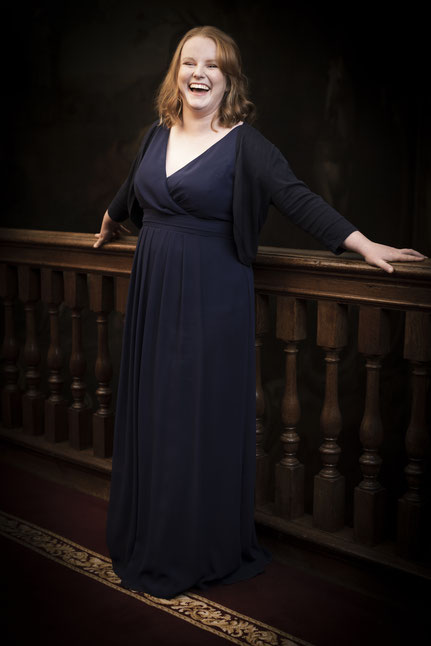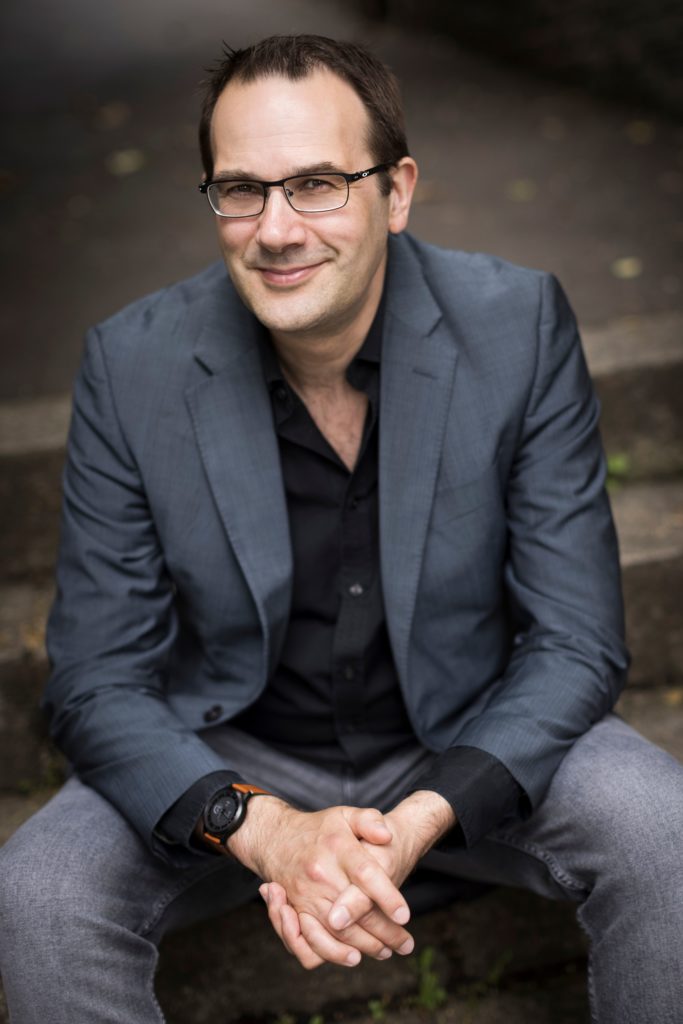
Harriet Burns & Christopher Glynn, Sir Jack Lyons Concert Hall, University of York
THIS was almost the recital that never was. Aboard a train from London that broke down in Peterborough, pianist Christopher Glynn arrived half an hour late by taxi. There was compensatory wine on the house for punters before eventually soprano Harriet Burns opened zestfully with three unaccompanied folk-songs, which I took to be Scottish.
With return trains to be caught, that left barely an hour for the announced programme of Schubert and English settings followed by Strauss’s Four Last Songs. Inevitably this had to be seriously abridged, although no announcement was made about what was to be omitted. The duo warmed in with Schubert’s ‘An Sylvia’, crisply delivered, and hit full stride with his ‘Frühlingsglaube’ (Faith In Spring) where the soprano’s duplets were impeccably counterpointed by the piano’s triplets.
The only other Schubert to survive the butchery was ‘Der Einsame’ (The Recluse), which was beautifully restrained, evoking the pleasures of solitude, not least through the lovely legato produced by Burns.
Otherwise we were left with two cuckoo songs, Ireland’s ‘Earth’s Call’ and Gurney’s neo-Elizabethan ‘Spring’, both of which use the bird to conjure that season. They were the highlight of the evening, voice and piano echoing and embracing one another.

Vaughan Williams’s Four Last Songs, settings of poetry by his second wife Ursula, deserve to be heard in their entirety. Here we had to be content with an effectively intimate account of ‘Tired’. Glynn’s whirlwind pianism in Stanford’s setting of Whitman’s ‘Joy, Shipmate, Joy!’ brought the first half to a suitably ecstatic close.
A very brief interval – the lights remained dimmed – allowed Glynn to change out of his jeans into a full suit. Strauss’s Vier letzte Lieder were not what they should have been. But it was not the fault of the performers. The composer goes to considerable lengths to graduate his response to the first three songs, settings of Hermann Hesse, so that when he reaches the fourth, Eichendorff’s ‘Im Abendrot’ (At Sunset), the analogy between twilight and approaching death is crystal clear.
The soprano’s bravest efforts to build the necessary atmosphere were annihilated by ignoramuses who insisted on applauding after each song. York audiences should know better. Even so, there were some lovely individual moments from both performers, although Burns was inclined to expand and contract her sound too regularly on longer notes. Glynn’s piano was impeccable, not least in the touching interlude before the last verse of ‘While going to sleep’.
Let us hope that this duo will soon be invited back and perhaps even offered beds for the night. We might then hear the Strauss cycle again and the Vaughan Williams one in full, along with plenty of Schubert, of course. They – and we – deserve nothing less.
Review by Martin Dreyer
